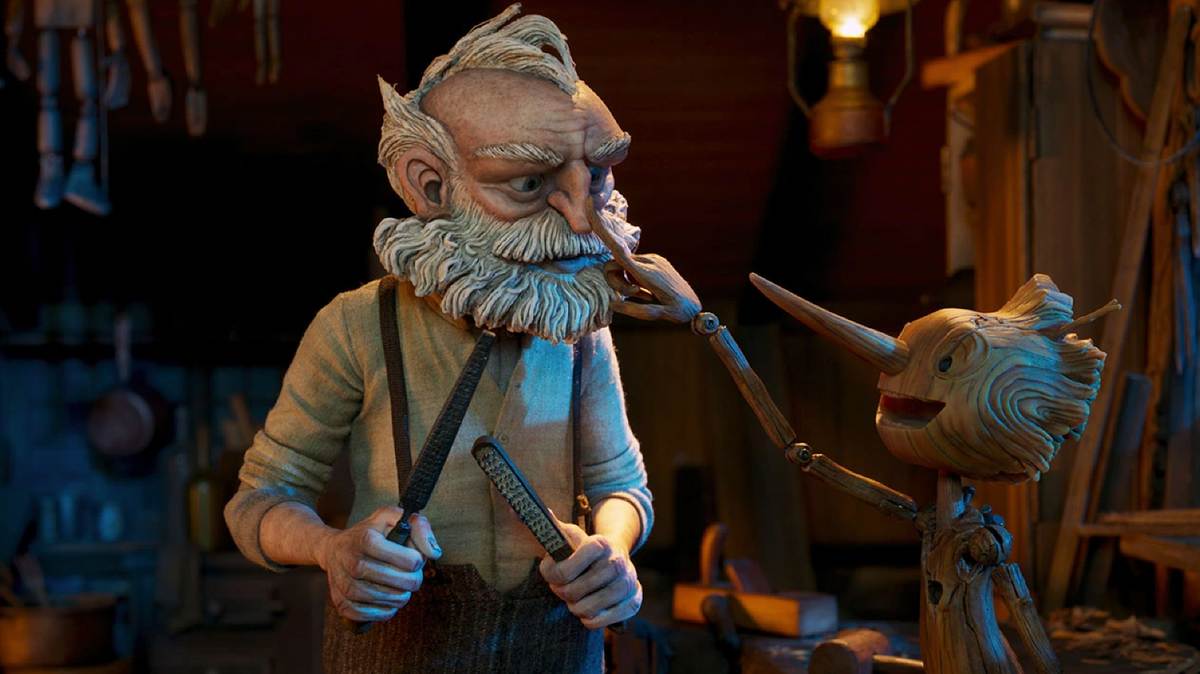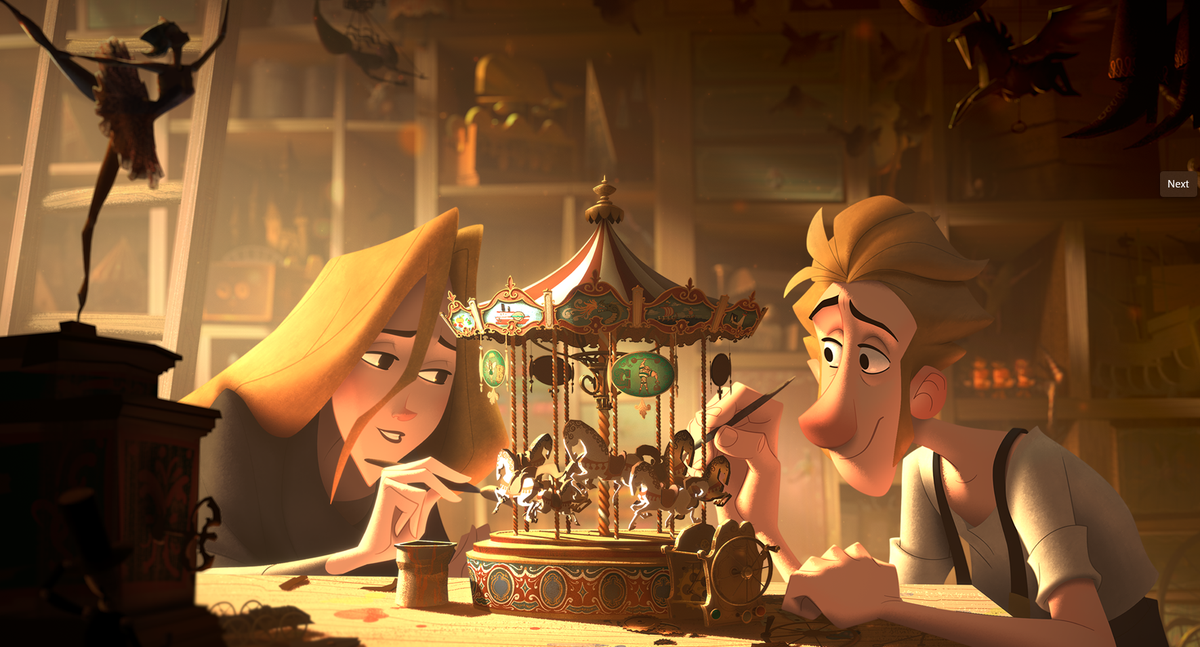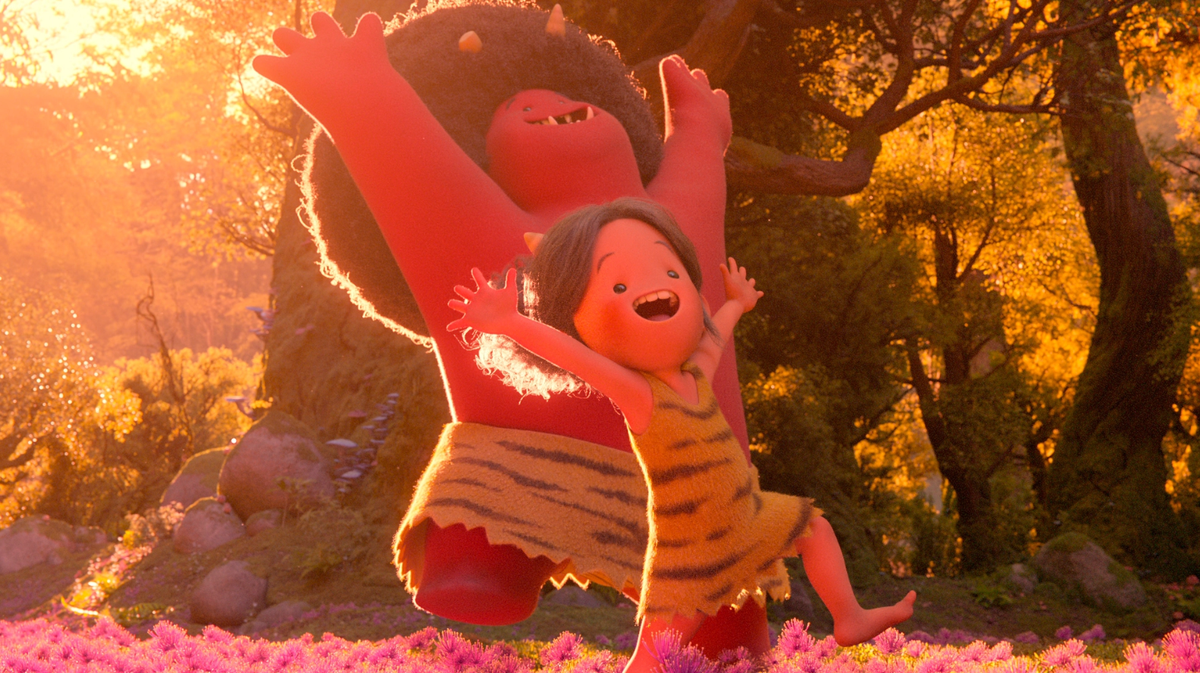The toolbox of imagination: Jinko Gotoh and Mark Osborne on global animation trends

Mark Osborne, who has directed animation films like Kung Fu Panda, The Spongebob Squarepants Movie and The Little Prince
| Photo Credit: Dominique Malaterre
My memories of the first time I saw Kung Fu Panda in 2008, as a schoolkid, is of being stunned by its deeply felt understanding of human emotions, the wisdom it carried, and the humour that caught you unawares. The story of an ordinary panda dreaming to fight evil alongside the luminaries of martial arts not only showed many children like me the power to dream, but also made a larger point, which, in hindsight, assumes great significance: a good story sustains itself.
Only later would I realise the importance, even need, for the most appropriate medium to execute the vision of a great story. It is in this context that animation becomes all-encompassing in its power to move hearts and engage with the larger questions of the day. For Kung Fu Panda’s director, Mark Osborne, however, it was the release of Spider-Man: Into the Spider-Verse 10 years later that marked an iconic moment for animation.
Jinko Gotoh was the driving force behind animated films such as Space Jam, Dinosaur, Finding Nemo, Klaus, and The LEGO Movie 2
| Photo Credit:
Special arrangement
“One of the biggest moments that happened with animation was the Spiderverse movie. It was extraordinary in its use of expressionism to tell a story and even help the audiences connect emotionally to tell the story,” says the American filmmaker, writer and animator, who conducted a masterclass at the ongoing International Film Festival of India (IFFI) in Goa.
From Spiderman to Pinocchio
The way Osborne sees it, the tools of storytelling through animation have become universal and accessible — giving both auteurs and animators the medium to craft stories that are personally driven and deeply charged with their vision. “In this sense, Guillermo Del Toro’s Pinocchio assumes great significance because it’s a high point for the industry to have someone like him who loves animation to harness its power to tell a personal story with this pre-existing story that we all know about.”

A still from Pinocchio
| Photo Credit:
Special arrangement
While he admits he hasn’t seen Pinocchio yet, award-winning producer Jinko Gotoh, an IFFI jury member, had caught it at a recent screening in Los Angeles. She had also moderated a panel discussion in which the Academy-award winning director participated. “It is the most beautiful animation,” says Gotoh, whose co-production, Klaus, was streaming giant Netflix’s first Academy-award nominated film. “When I asked Del Toro about the technique, he told me how he was influenced by anime to ensure you don’t over-animate [giving a character unnecessary movements that ruin its purpose]; that the animation is all about making the ordinary into the extraordinary.”
Challenges of big studio monopoly
One of the biggest challenges that animation films face today, globally, is money. They are up against large studios that leave little room for experimentation and often refuse to finance anything beyond their tried and tested aesthetics. There’s also the wide-ranging belief that animations simply don’t make enough money. “In Europe and Canada, there are a lot of subsidies that they get to create an animated film; [but] these are smaller films,” says Gotoh. “Things started changing when the streaming platforms entered the game, particularly around 2017. When I sold Klaus to Netflix, they didn’t even have their own animation team but they wanted to dabble in its world anyway.”

A still from Klaus
| Photo Credit:
Netflix
She believes that great animation films resonate with everyone, irrespective of their age. And while many successes have become brands and franchises, this also comes with its own disadvantages — as studios have to follow the same design rule across films, there is not much room to experiment.
ALSO READ | Animation films can highlight serious subjects too: Shred Sreedhar on ‘Reena Ki Kahaani’
“We can render in pencil in so many different ways [motion graphics, 3D, CGI, etc], but this is something that only independent filmmakers are using beautifully because the larger studios tend to have a single-house look. This is because creating and maintaining a pipeline [the workflow and renders] is very expensive.”
When animation opens doors
According to Osborne, the newer ways of crafting animated stories is an exciting frontier. Recently, he saw most of the animated shorts submitted to the Academy. From using sand, 2D sketches, and glass to blending it with newer techniques, it was a staggering range. “I just came across a beautiful Netflix animated series, Oni: Thunder God’s Tale, that started with being stop-motion, and evolved into 2D and CGI, becoming an interesting hybrid of all the worlds,” says the filmmaker, who has directed animation films like The Spongebob Squarepants Movie and The Little Prince.

A still from Oni: Thunder God’s Tale
| Photo Credit:
Netflix
When I explain the opening sequence of Vikram Vedha to him, he agrees that animation makes sense for an arrangement that conveys the folklore of Vikram-Betaal — evoking nostalgia and dread in equal parts. He cites a similar example from the Jane Campion film The Piano, which had a small animated sequence that gripped him. “It is just a small moment and I had to go to the theatres a second time because I thought I had imagined it,” he says. “In the scene, the little girl is talking about her father and it cuts to a split-second of paper cut-out animation, which to me, was so powerful. It was something you feel more than you see. So, why not use the whole toolbox? All the tools to tell a story that makes you feel?”
The writer is an author and editor based in Mumbai.
For all the latest Entertainment News Click Here
For the latest news and updates, follow us on Google News.
